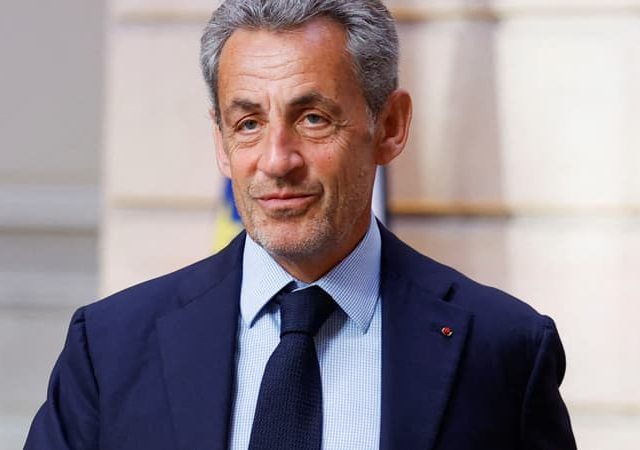Former French President Nicolas Sarkozy has called actions against Qatar’s hosting of the World Cup “hypocritical”, just weeks after several French cities announced a boycott of the tournament.
In a conversation touching on the Presidency of Emmanuel Macron, Ukraine, and other topics, Sarkozy spoke briefly on the upcoming World Cup with the French newspaper Le Journal du Dimanche.
When asked whether the tournament should be boycotted, Sarkozy said Qatar should be given a fair chance.
“Football does not only belong to Westerners, whether they are French, English, Italian or American. It is a sport that brings people together. I note that all the countries that have organised major international events in recent years have been the subject of much controversy: China, Russia, Brazil, and now Qatar”, said Sarkozy to Le Journal du Dimanche.
“We should give each of these host countries the chance to demonstrate their savoir-faire and wait to see how these events unfold before judging them,” the former president said.
Regarding the French cities’ recent refusal to broadcast games in protest of environmental and human rights abuses in Qatar, Sarkozy slammed the move.
“I think the Paris City Council is very happy that the Qataris own and finance the club in the capital. They are right. But that seems to me to be more engaging than installing a giant screen… This controversy is quite hypocritical,” said Sarkozy.
Less than 30 days before the upcoming tournament, government officials of Marseille, Lille, Bordeaux, Reims, Nancy, Rodez, and Paris have communicated they will not project watch parties during the World Cup.
Speaking to Doha News at the time, Professor of Sport and Geopolitical Economy at SKEMA Business School Simon Chadwick said the French protest is puzzling.
“Developments in France have been much more surprising. The country enjoys close political, economic, and diplomatic relations with Qatar indeed it is one of the largest beneficiaries of inward Qatari investment in the world. Ownership of Paris Saint Germain is an illustration of this,” Chadwick told Doha News.
“Given the MENA diasporas one finds in France, many of which are supportive of Qatar and the Gulf region, it is perplexing why French cities are denying people the opportunity to watch games in fan zones,” Chadwick also said.
Despite the decisions by officials, 60% of French citizens, both football fanatics, and viewers, intend to watch the World Cup, a survey conducted exclusively for RMC by Harris Interactive.
Globally, 93% of football fans intend to follow the tournament, RMC said.
Qatar has responded to the criticism over the last decade with a wave of reforms designed to better conditions for migrant workers in the country, in what officials have described as a targeted campaign rooted in racism against the first World Cup in the Arab world.
Speaking at the World Economic Forum in May this year, Qatar’s Amir Sheikh Tamim bin Hamad Al Thani said discrimination targeting his country is due to people outside of the region refusing to learn about the Middle East.
“Even today, there are still people who cannot accept the idea that an Arab Muslim country would host a tournament, like the World Cup,” he said.
Sheikh Tamim stressed that Qatar is constantly working on improving and developing, noting a wave of progress, including major labour reforms, made in the Gulf state over the years.
“We are so proud of the development, reform, and progress we have made, and we are grateful for the spotlight that the World Cup provided, which inspired us to make these changes at lightning-speed,” said Sheikh Tamim.







